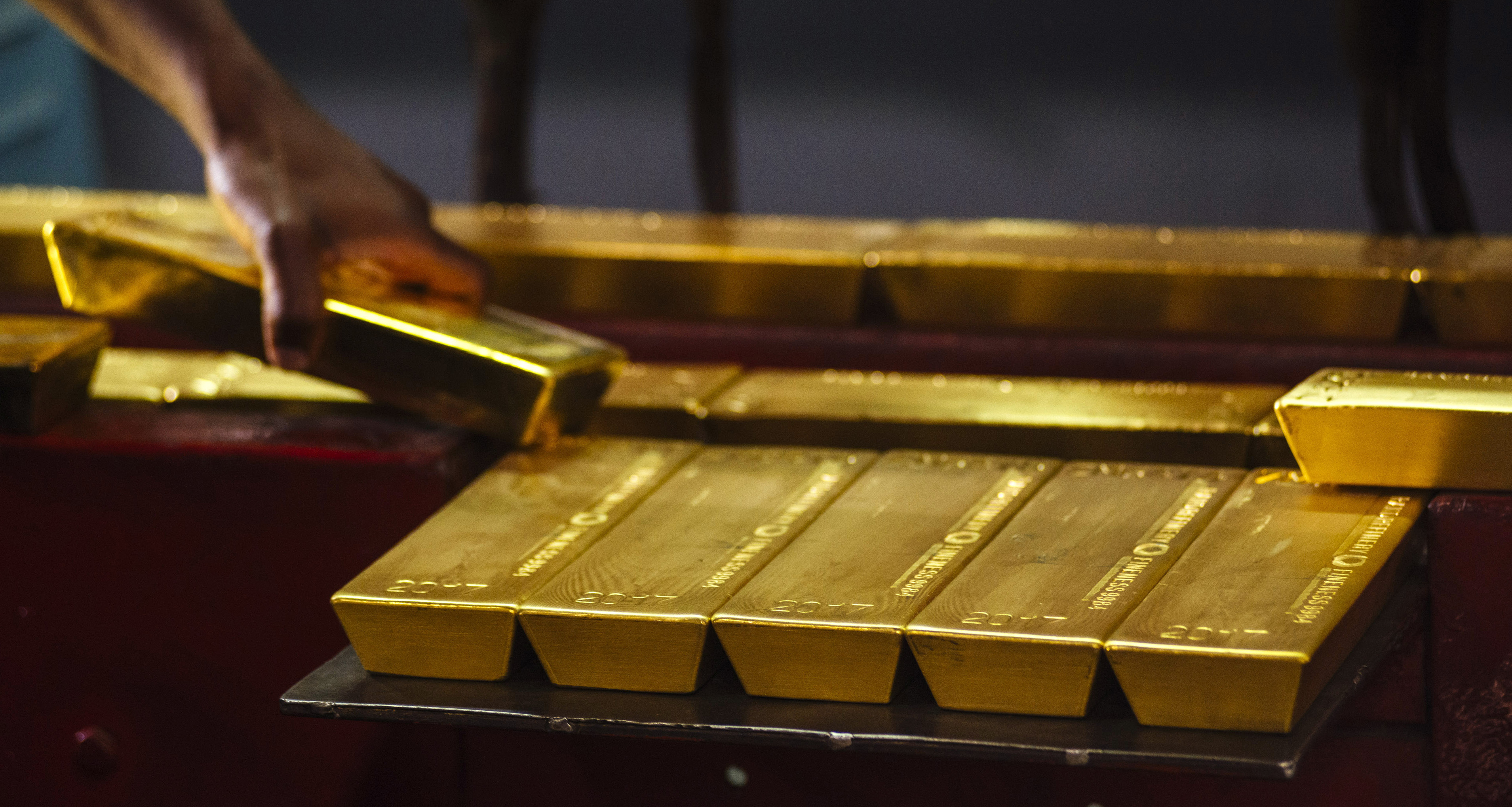Sometimes the divisions between the optimists and the pessimists become incredibly obvious. There is a yawning chasm between the two that really makes it easy to spot the two camps.
I think this is happening now in international markets.
On the one side you have the pessimists, those who thought Bafana Bafana had no chance of getting through to the World Cup proper. On the other you have those who just knew that somehow they would beat Rwanda and that Nigeria, for once, would help us out.
It’s a simple question, really, that reveals which side people are on.
Is your money in gold or in US stocks?
Both are at record highs.
This week gold flew past $4,200, amid some predictions that it will now hit $5,000. To put that in context, it first went through $2,500 in August last year. That was a record high then. Now people are talking about it doubling that previous record high in the space of about 18 months.
The reasons are obvious, and have been discussed many times.
Central banks are scared about the future, the US dollar is not as credible as it was, there is heightened geopolitical risk and the freezing of Russian assets gave everyone a skrik.
Then, US stocks are at record highs as well.
Again, we all know why – there is a huge amount of speculation in AI.
But more and more I’ve noticed that there are serious voices who are whispering in hushed tones and using sentences that include the words “bubble” or “correction”.
The Bank of England suggested recently that markets, and thus you and I, would be in for a very tough time if the sentiment around AI changed.
The Economist published a warning this week from the former International Monetary Fund chief economist Gita Gopinath about how this “correction” would be so much worse than recent market meltdowns.
And closer to the market front, JPMorgan boss Jamie Dimon has also said he’s quite worried about a possible downswing.
Obviously, if you listened to those voices, you would be tempted to put your money into gold. Clearly so many other people are. But it’s one of the funny things about markets that working out why people are doing things is almost as important as what they are doing.
Since the days of tulip mania in the Netherlands, we have understood the power of FOMO, and how we all follow what other people are doing.
And when you hear predictions from the Bank of America that they believe gold will hit $5,000, well, then you want to put some money there too.
This is also at play with AI, where every headline proclaims that the world is about to change and you must, must, MUST get a piece of it.
Now, it’s a joke five minutes younger than the science of economics, but economists have predicted seven of the past two recessions.
And like the FOMO around gold and AI, it is possible that we can talk ourselves into a crash. We could, in such a human fashion, bring it upon ourselves.
Of course, as always with investors and humans, the truth is not nearly so binary. People with money are probably just spreading their bets. They’re putting some money into gold and some into US markets.
They’re just doing what all investors do – diversifying to protect themselves.
And this may also indicate where the real problem is: It’s not that so many people are putting so much money into AI, it’s that they are putting it into so few companies.
Because it’s so difficult to predict who will really win from AI (short answer: probably all of us) so people are putting their cash where they are fairly certain – which is the “magnificent seven” stocks of Microsoft, Amazon, Apple, Alphabet, Nvidia, Tesla and Meta.
This has led to a huge concentration of value in just those stocks. And because they are all in the same industry, one shiver could become a ripple which becomes a tremor and then a quake.
I have no doubt that AI will change the world (although I don’t know at what pace).
I also know that putting so much money into so few stocks cannot be healthy.
And neither is putting so much money into gold.
I don’t know what will happen next.
It might be the dawn of our golden age. Or the prelude to something a lot less wonderful. DM




 A worker lifts a gold bullion bar from a conveyor machine at the Rand Refinery plant in Germiston on 16 August 2017. (Photo: Waldo Swiegers / Bloomberg via Getty Images)
A worker lifts a gold bullion bar from a conveyor machine at the Rand Refinery plant in Germiston on 16 August 2017. (Photo: Waldo Swiegers / Bloomberg via Getty Images)